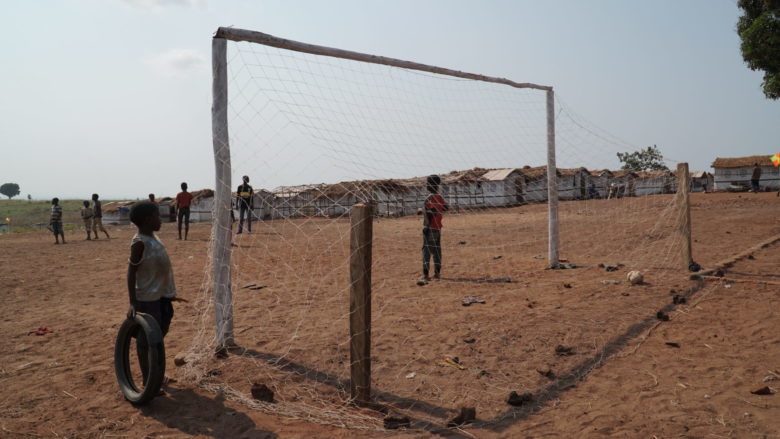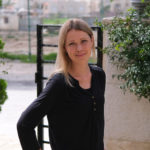Crises’ brought Europe together

Today, 270 million people in the world live in need of humanitarian aid. Historically, the figure is at an all-time high. The European Humanitarian Forum brought together a wide range of actors to consider how our continent will respond to the alarming situation.
Last week, the European Humanitarian Forum in Brussels brought together an impressive team to discuss our continent’s humanitarian strategy, current state, and direction. The event, convened by the European Commission and the Council of the EU, brought together UN organisations, NGOs, the Red Cross and Red Crescent Movement, economic institutions, academics, and people affected by crises. The event was the first of its kind – and its timing couldn’t have been more appropriate.
The forum sought solutions in the face of unprecedented humanitarian needs. Today, 270 million people in the world live in need of humanitarian aid. Historically, the figure is at an all-time high. Armed conflicts, complex crises and climate change are driving people out of their homes. Hunger is on the rise in many of the crises that have been forgotten by the media, such as the Sahel and Yemen. Aid workers face more and more threats at work. The war in Ukraine is bringing the same challenges to Europe.
Civilian targets increasingly under attack
About 80 structured discussions were held during the forum to assess successes and failures in responding to crises. What emerged from the discussions is that, right now, it is extremely important to defend International Humanitarian Law. In several crises of the 21st century – such as Syria and Ukraine – civilian targets such as hospitals and schools have been attacked and humanitarian corridors blocked. Hunger and sexual violence are increasingly being used as a tool for warfare.
Humanitarian actors must therefore challenge the impunity of criminals. Of course, the purpose of humanitarian aid is not to name and shame criminals, but for aid to get through, we need to establish dialogue and ‘talk to the enemy to save even one life’. At the same time, international humanitarian law is based on a system of rules, and the rules are based on the criminalisation of activities classified as wrongdoing. Without consequences, the power of the law becomes irrelevant, and the purpose of the law – protecting civilians and causing unnecessary destruction – disappears.
What is sustainable and culturally sensitive work
Fida’s relief efforts have always been based on a genuine partnership with local actors. It was a good to notice that cooperation between international and national actors aimed at sustainability and cultural sensitivity is now part of a broader debate. It is also a set target for aid workers globally. The forum also highlighted other principles that already guide Fida’s activities, such as child protection, education in emergencies, the prevention of gender-based violence, and the importance of psychosocial support.
The crisis in Ukraine raised ethical considerations
The war in Ukraine raised a fundamental pillar of humanitarian aid – crisis preparedness– as a concern. Experts, as veterans of many crises, spoke with surprise and confusion about the humanitarian crisis on European soil. The crisis in Ukraine also raised ethical considerations. The rapid action and solidarity of Europeans has been admirable. However, concerns have arisen as to whether we can still help people living under wars and natural disasters in more distant countries.
It’s easier to relate to distress when a refugee looks like me and lives a life like mine. However, this must not turn a blind eye to crises that are taking place further away from us.
The forum spoke openly about how it is easier to relate to suffering when a refugee looks like I and lives a life like mine. However, this must not turn a blind eye to crises that are happening further away from us and affect people who live in a different way than we.
In the forum challenges and possible solutions were heard, assessment and self-criticism, clear policy drawing and guidance, on tools to make assistance agile – and, above all, genuine concern for our common planet and our fellow human beings.
At one time, the apostle Peter wrote to the foreign diaspora of the world’s refugees, “May peace and grace come upon you more and more.”
May those of us who still live in peace, acquire growing desire and wisdom to act in solidarity with those who need us.
PHOTO: Refugee children play football at Eliya IDP camp in the Democratic Republic of Congo, where Fida works with a local Pentecostal church.

Blog by Johanna Lindgren
Johanna has worked for years on Fida’s missions in the Middle East. Now she works as Fida’s humanitarian aid expert from Finland.
